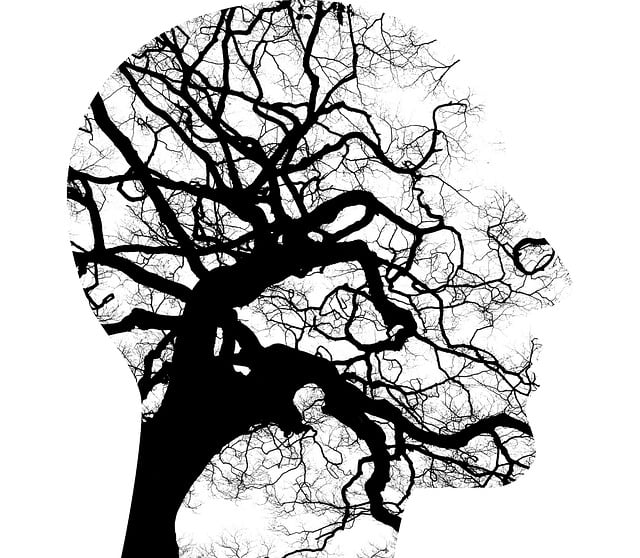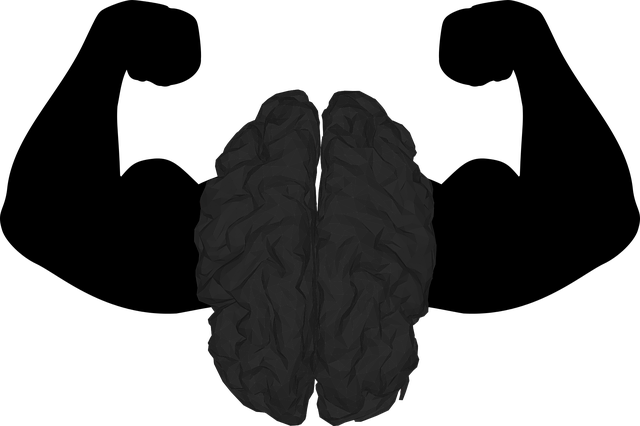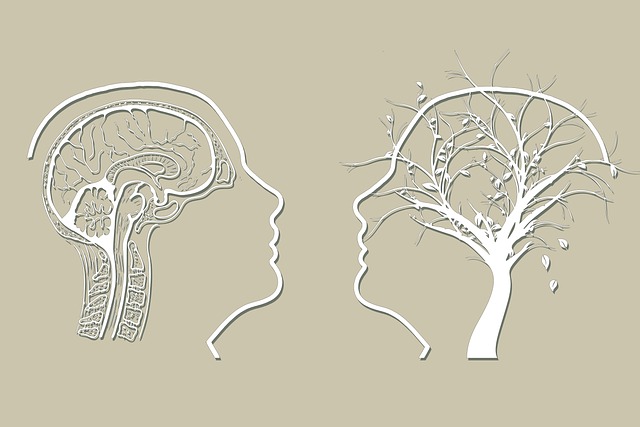Lone Tree Self-Esteem Therapy offers a comprehensive approach to trauma support, addressing its profound impact on mental health, self-esteem, and well-being. Specializing in evidence-based practices like mindfulness meditation, Cognitive Processing Therapy, and Eye Movement Desensitization and Reprocessing (EMDR), therapists help clients heal from acute and chronic trauma. Through tailored sessions, education programs, and safe communication spaces, they empower individuals to challenge negative thoughts, develop resilience, and promote self-care for lasting mental wellness.
Trauma, a profound and lasting impact on individuals, necessitates robust support services. This article delves into understanding trauma’s far-reaching effects and explores the critical role of innovative therapeutic approaches like Lone Tree Self-Esteem Therapy. We examine strategies for implementing effective trauma support services, highlighting their importance in fostering healing and recovery. By examining these aspects, we aim to shed light on enhancing care for those navigating the aftermath of traumatic events.
- Understanding Trauma and Its Impact on Individuals
- The Role of Lone Tree Self-Esteem Therapy in Support
- Implementing Effective Trauma Support Services
Understanding Trauma and Its Impact on Individuals

Trauma, a profound and often devastating experience, leaves an indelible mark on individuals, shaping their perceptions and interactions with the world. It can manifest in various forms, from acute events like accidents or natural disasters to chronic stressors such as abuse, neglect, or prolonged exposure to violence. The impact of trauma extends far beyond the initial incident, affecting mental health, self-esteem, and overall well-being. Those who have experienced trauma may struggle with feelings of anxiety, depression, flashbacks, and a distorted sense of safety, significantly impacting their day-to-day functioning.
At Lone Tree Self-Esteem Therapy, we recognize that understanding trauma is the first step towards healing. Our therapists are equipped to provide specialized support, helping clients navigate the complex landscape of trauma’s aftermath. Through evidence-based practices, such as mindfulness meditation and psychotherapy, individuals can learn effective coping strategies and develop a robust self-care routine for better mental health. By fostering a safe and non-judgmental space, we empower folks to reclaim their lives, promote resilience, and advocate for meaningful Mental Health Policy Analysis and Advocacy, ensuring that trauma support services are accessible and impactful.
The Role of Lone Tree Self-Esteem Therapy in Support

Lone Tree Self-Esteem Therapy plays a pivotal role in trauma support services by focusing on rebuilding individuals’ self-worth and resilience, which are often significantly diminished by traumatic experiences. This therapeutic approach recognizes that fostering a positive sense of self is essential for healing and recovery. Through tailored sessions, clients learn to challenge negative thought patterns, develop coping mechanisms, and cultivate a nurturing inner dialogue—all crucial components in navigating the complexities of trauma.
The therapy incorporates elements of mental health education programs designed to enhance understanding of trauma’s impact on the mind and body. Mindfulness meditation and self-care practices are also integral parts of this process, enabling individuals to regain control over their emotional well-being. By addressing underlying issues and providing practical tools, Lone Tree Self-Esteem Therapy empowers clients to embrace a transformative journey towards healing and personal growth.
Implementing Effective Trauma Support Services

Implementing effective trauma support services requires a multifaceted approach that goes beyond traditional therapy models. At Lone Tree Self-Esteem Therapy, we recognize that each individual’s journey with trauma is unique, necessitating tailored interventions. Our therapists are trained in evidence-based practices such as cognitive processing therapy and eye movement desensitization and reprocessing (EMDR) to help clients process and overcome past traumatic experiences.
Integrating Mental Health Education Programs Design into our services empowers individuals with knowledge about trauma, fostering self-esteem improvement and resilience. We believe in creating safe spaces where people feel understood and supported, encouraging open communication and active participation in their healing journey. By combining specialized therapy techniques with educational initiatives, Lone Tree Self-Esteem Therapy strives to offer comprehensive trauma support services that address both the symptoms and underlying causes of distress.
Trauma support services play a vital role in empowering individuals to overcome their past experiences. As discussed, understanding trauma and its profound impact is the first step towards effective healing. Lone Tree Self-Esteem Therapy offers a unique approach, focusing on building self-esteem as a powerful tool against trauma’s residual effects. By implementing these tailored strategies, communities can create a more inclusive and supportive environment. Access to quality trauma support services, such as Lone Tree Self-Esteem Therapy, is essential in fostering resilience and helping individuals reclaim their lives.













